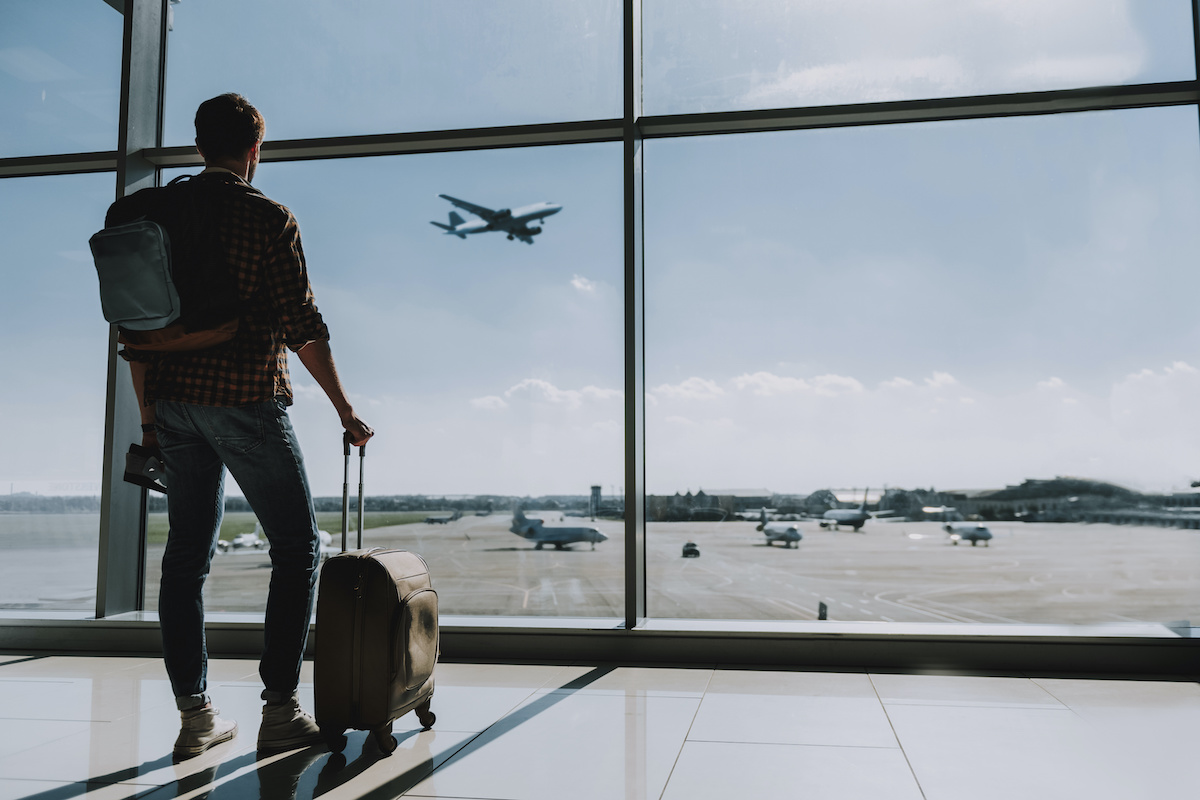
Airlines, the intricate network of aerial voyagers, have transformed the world, shrinking distances and bridging cultures, enabling us to explore far-flung destinations and experience the vast tapestry of human existence. These soaring giants have www.tripsite.co.uk/ revolutionized travel, connecting people, places, and possibilities, making the world a smaller, more interconnected, and infinitely more fascinating place.
The Essence of Airlines:
Airlines serve as the backbone of global connectivity, facilitating the movement of people, goods, and ideas across continents. They play a pivotal role in:
-
Global Mobility: Airlines enable individuals to travel across vast distances, connecting families, friends, and businesses. They facilitate cultural exchange, educational opportunities, and diplomatic relations.
-
Economic Growth: Airlines contribute significantly to economic growth by supporting tourism, trade, and investment. They provide vital links for businesses, enabling the flow of goods and services across borders.
-
Cultural Exchange: Airlines foster cultural exchange by bringing people from diverse backgrounds together. They expose travelers to new customs, traditions, and perspectives, promoting understanding and tolerance.
-
Humanitarian Aid: Airlines play a crucial role in delivering humanitarian aid during natural disasters and emergencies. They transport essential supplies, medical personnel, and relief workers to affected areas.
The Evolution of Airlines:
From the early days of pioneering aviators to the modern era of sophisticated aviation technology, airlines have undergone a remarkable evolution:
-
The Pioneering Era: The early 20th century witnessed the birth of commercial aviation, with airlines like KLM and Qantas taking to the skies. These early pioneers paved the way for modern air travel.
-
The Jet Age: The introduction of jet engines revolutionized air travel, enabling faster and more efficient journeys. Airlines like Boeing and Airbus emerged as leaders in this era.
-
The Digital Age: The rise of digital technology transformed airline operations, introducing online booking systems, electronic ticketing, and sophisticated navigation tools.
-
The Global Network: Today, airlines operate as a complex global network, connecting hundreds of destinations worldwide. Alliances like Star Alliance and Oneworld facilitate seamless travel across multiple carriers.
The Future of Airlines:
As technology advances and environmental concerns grow, airlines face both challenges and opportunities:
-
Sustainability: Airlines are exploring sustainable practices, including the use of biofuels, more fuel-efficient aircraft, and carbon offsetting programs to reduce their environmental impact.
-
Innovation: Airlines are embracing technological advancements, such as artificial intelligence, virtual reality, and data analytics, to enhance passenger experience, improve operational efficiency, and personalize travel experiences.
-
Accessibility: Airlines are expanding their reach to underserved regions, providing connectivity to remote areas and promoting economic development.
-
Personalization: Airlines are tailoring travel experiences to individual preferences, offering customized services, in-flight entertainment options, and personalized recommendations for destinations and activities.
Airlines continue to shape the world, connecting people, cultures, and economies, fostering global understanding and collaboration. As they navigate the challenges and opportunities ahead, airlines remain at the forefront of innovation, sustainability, and accessibility, ensuring that the skies continue to unite us all.
